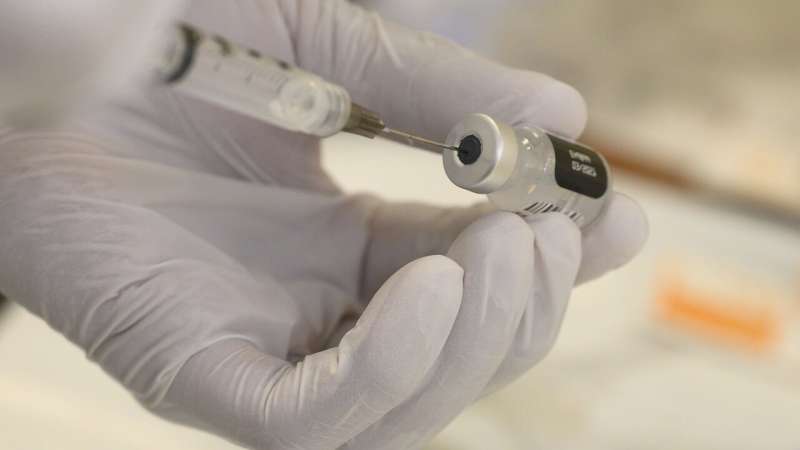Recent advancements in cancer research have revealed critical insights regarding the regulation of Protein Serine Kinase H1 (PSKH1), a molecule intricately involved in the progression of prostate, lung, and kidney cancers. This discovery, reported in the Proceedings of the National Academy of Sciences, has significant implications for the development of novel therapeutic strategies aimed at combating these malignancies.
The Discovery of PSKH1's Role in Cancer
Researchers from the Monash Institute of Pharmaceutical Sciences (MIPS) and the Walter and Eliza Hall Institute (WEHI) have successfully elucidated the mechanisms by which PSKH1 can be activated and deactivated. Dr. John Scott from MIPS noted that this knowledge represents a critical “balancing act within our cells.”
PSKH1 has been described as a "dark molecule," meaning it has been understudied despite its significant association with tumor progression and metastasis. The research team demonstrated that the activation of PSKH1 occurs when it binds to Calmodulin, a calcium-binding messenger protein, whereas its deactivation occurs upon binding to Reticulocalbin, a calcium-binding protein associated with different cellular functions.
Significance of the Findings
The findings are particularly noteworthy in the context of prostate cancer, one of the most commonly diagnosed malignancies among males globally. In Australia, prostate cancer was estimated to hold this status in 2024, reflecting the urgent need for effective therapeutic interventions. Traditional treatments such as surgery and chemotherapy, while beneficial, often carry debilitating side effects.
Professor James Murphy, another joint senior author of the study, asserts that “switching off PSKH1 essentially means being able to stop the progression of implicated cancers in their tracks.” The implications for patient care are profound, as targeting PSKH1 could lead to therapies that improve efficacy while reducing side effects.
Mechanisms of Action
The understanding of PSKH1's function provides insights into the cellular signaling pathways that contribute to tumor development. Below is a summary of the mechanisms identified:
| Protein | Effect | Mode of Action |
|---|---|---|
| Calmodulin | Activation of PSKH1 | Binds to PSKH1, promoting tumorigenesis |
| Reticulocalbin | Deactivation of PSKH1 | Inhibits PSKH1 activity |
Implications for Future Research
The implications of this discovery extend beyond prostate cancer alone. Understanding the binding interactions of PSKH1 may pave the way for similar approaches targeting other related proteins within the same family, potentially broadening the scope of cancer therapies.
Future research efforts may focus on:
- Developing pharmaceuticals specifically targeting PSKH1 signaling pathways.
- Investigating potential combinations of therapies to enhance patient outcomes.
- Exploring the role of PSKH1 in other types of malignancies beyond prostate cancer.
Conclusion
The research findings on PSKH1 not only provide a clearer understanding of the underlying mechanisms of cancer progression but also open new avenues for targeted treatments. By manipulating the activity of this "dark molecule," scientists hope to create therapies that are both effective and have fewer adverse effects on patients, improving their overall quality of life.
References
- Horne, C.R., et al. (2025). PSKH1 kinase activity is differentially modulated via allosteric binding of Ca2+ sensor proteins. Proceedings of the National Academy of Sciences. DOI: 10.1073/pnas.2420961122
- Medical Xpress. (2025). Scientists uncover method to halt key driver of prostate and other cancers. Retrieved from https://medicalxpress.com/news/2025-02-scientists-uncover-method-halt-key.html













Discussion